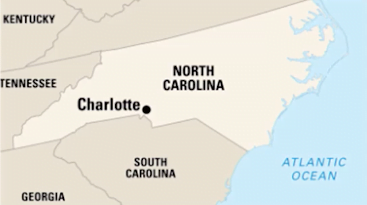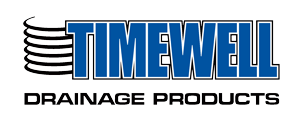There is an ongoing national effort to standardize and simplify stormwater monitoring. The Stormwater Testing and Evaluation for Products and Practices (STEPP) initiative is a draft verification protocol. This protocol aims to improve regulatory confidence, minimize duplicative performance evaluation efforts, and establish a common framework for testing and evaluating public domain and proprietary stormwater control measures.
The STEPP protocol is a commendable effort, and with any luck, will accomplish the program goals in the not so distant future. But what role will smaller, well-established, regionally-focused evaluation programs, most often associated with proprietary practice performance, play when STEPP is accepted? As a verification only process, STEPP will not act as a certification entity. That responsibility will still reside with state and local stormwater programs.
These regionally-focused performance certification programs will continue to play a critical role as the final step to allow the use of a proprietary practice locally. Charlotte-Mecklenburg Stormwater Services, which encompasses the Charlotte, North Carolina metropolitan area, maintains its own proprietary practices evaluation protocol. Charlotte’s protocol requires multiple monitoring studies. Contech® Engineered Solutions LLC (Contech) has been engaged in a decade long monitoring effort with the City centered on the performance of the Stormwater Management StormFilter®.
The StormFilter, an underground stormwater treatment practice comprised of one or more structures housing rechargeable, media-filled cartridges that trap particulates and adsorb pollutants from stormwater runoff, has completed an additional local monitoring study and is expected to be deemed fully compliant with Charlotte’s protocol.
This session will detail how the Stormwater Management StormFilter is working towards achieving compliance with Charlotte’s total suspended solids (TSS) focused protocol. The session further discusses how robust local evaluation programs can remain relevant even as the stormwater industry rightfully moves towards improved evaluation consistency and standardization at the national level.
About Instructors







